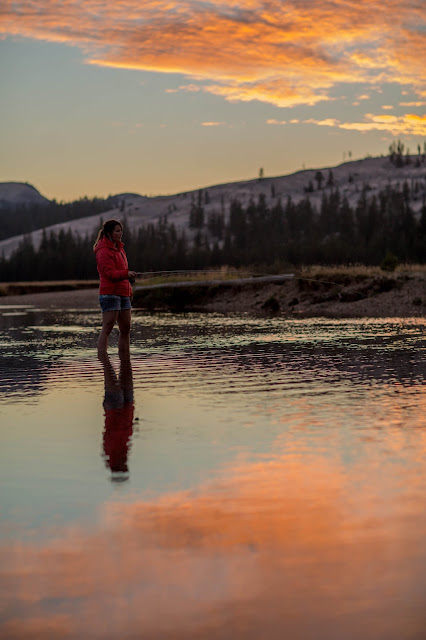I was miles into the backcountry when I first heard about the fragility of the desert. I was on a backpacking trip through Canyonlands National Park when my friend Hilary pointed out the cryptobiotic soil nestled under a shrub, and told me that it would take years -- sometimes more than a hundred years, for it to grow back.
The impact of that timeline shook me. For the first time, I acutely realized that something I did in the environment could have ripples that lasted for such a long time.
I try to follow Leave No Trace ethics, and I believe that with careful considerations, we can successfully manage the amount of traffic that our National Parks are getting. I also believe in the benefit of being outside and going to see our parks and public land. As a resource, I feel that land is one of the most valuable pieces when we treat it well. But when the government shut down this past winter and Joshua Tree took serious environmental hits, I, among many others, was devastated.
Some people entering the park drove off road over cryptobiotic soil and fragile ecosystems, dogs were let off leashes or were allowed off concrete paths, bathrooms were overflowing and people were climbing or breaking Joshua Trees. And on the other hand, for as many people as did damage to the park, there were an equal, if not larger number of people who helped try to slow the effects. Many, many people donated toilet paper and helped clean up trash and did their best to volunteer their efforts or money.
But according to the park’s former superintendent, the events that happened during the shutdown could have repercussions for hundreds of years.
When I think about that time scale, I think about all the decisions we can make in a matter of moments that extend far beyond ourselves and our images on social media.
As for how the park is recovering, from a quick look, you can’t tell anything was ruined in the park. The Joshua Tree’s still look like something out of a Dr. Suess book, and rangers are back at work.
But I believe the shutdown was a lesson for all of us on the impact our lives can have on the environment. Everyone deserves a place to walk or hike or run on public land, but we can’t love it to death.
There are so many ways to contribute to the protection of places we explore, and it doesn’t have to be huge. You can volunteer in your community or a local park, but it can also be small. I always bring a small bag to pack out trash I find. It doesn’t matter what it is, I pick it up and pack it out.
Our actions on the environment will always have ripple effects, but we have the opportunity to make it good ones.
(This blogpost was in partnership with REI. REI does a lot of work to help the environment and public land. You can find out more about what they do here.)












.jpg)
.jpg)
.jpg)
.jpg)












